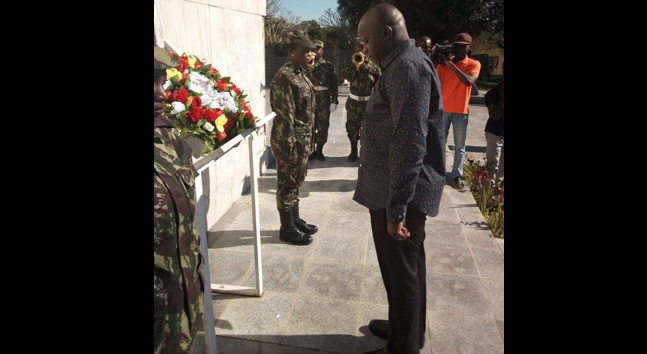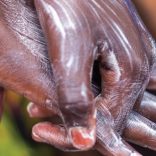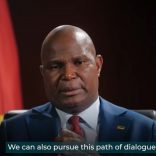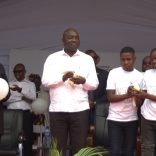Mozambique: Education Minister calls for strategies to prevent mpox spread in schools
Mueda massacre cemented Mozambican nationalism

Photo: Notícias
The governor of Cabo Delgado, Júlio Parruque, said this Saturday in the town of Mueda that the massacre of 600 Mozambican nationalists on June 16, 1960, by the Portuguese army, as they peacefully demanded an end to colonial subjugation, cemented the perception of the people that the Portuguese colonial system was constructed not for their social well-being, but rather for their brutal exploitation and the plunder of their valuable land.
Parruque was speaking on the occasion of the Day of the Martyrs of the Massacre of Mueda, the Day of the African Child and the National Currency Day.
Under the motto “Celebrating the bravery of the martyrs of the massacre of Mueda, promoting popular vigilance to consolidate peace and development,” Parruque explained that this vision constituted an irreversible premise for the preparation and beginning of the armed struggle against Portuguese colonialism which would take place on September 25, 1964, in the administrative post of Chai in Macomia district, Cabo Delgado
“The Mueda massacre was an act whose historical significance transcended national and continental boundaries and caused the province of Cabo Delgado to be recognised as a place worthy of respect for its bravery,” Parruque said.
He called for the bravery of 58 years ago to continue to feed the determination of the province’s inhabitants to crush the malevolent intentions of fellow-citizens fomenting instability through macabre acts such as assassinations and destruction of socio-economic infrastructure.
Speaking specifically about the Day of the African child, Parruque explained that the Soweto student revolt in South Africa was a major milestone in the decline and overthrow of the apartheid segregationist system.
On the creation of the national currency, the metical, the Cabo Delgado governor said that it expressed Mozambicans’ identity, taking advantage of the occasion to announce the opening of the first exchange office at the border post of Namotho, undertaken with the participation of local entrepreneurs, and which would boost the appreciation and internationalisation of the national currency.
For the Association of Combatants of the National Liberation Struggle (ACLLN), the Mueda massacre was an act that marked the need to fight for the return of the dignity of the Mozambican people through the attainment of national independence, eventually proclaimed by the President of the People’s Republic of Mozambique, Samora Moisés Machel, on June 25, 1975. By this, the Mozambicans were finally liberated from the Portuguese fascist colonial regime, an indelible mark of national resistance and the beginning of great achievements towards the development of this beautiful and beloved homeland.
In addition to members of provincial and district government, national liberation struggle fighters and students, the ceremony was attended by the population in general and crowned with the laying of a wreath by Governor Julius Parruque at the monument commemorating the martyrs of the Mueda massacre.












Leave a Reply
Be the First to Comment!
You must be logged in to post a comment.
You must be logged in to post a comment.